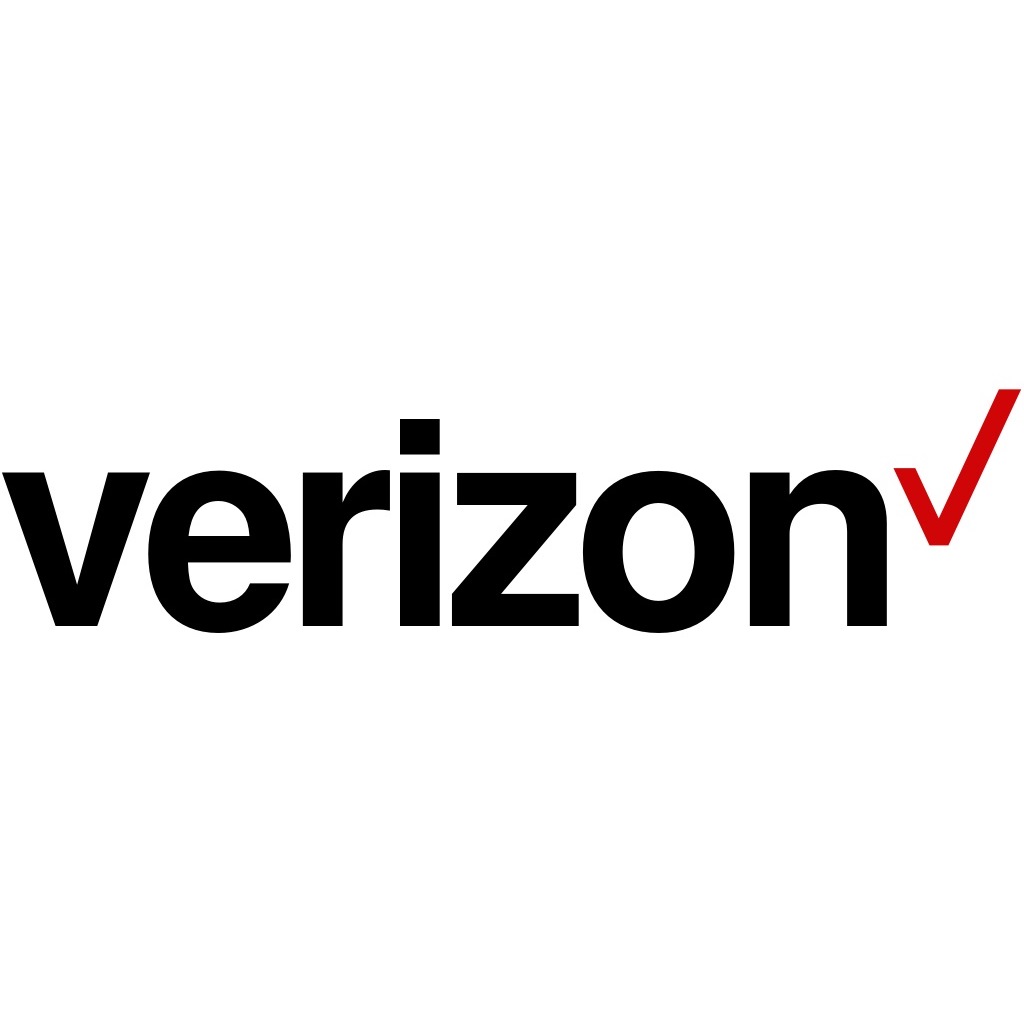Telecom & Wireless
Verizon Earnings, Outlook Get Boost From New Tax Law

Published:
Last Updated:

Verizon Communications Inc. (NYSE: VZ) reported fourth-quarter and full-year 2017 results before markets opened Tuesday. For the quarter, the telecom giant posted adjusted diluted earnings per share (EPS) of $0.86 on revenues of $33.96 billion. In the same period a year ago, the company reported EPS of $0.86 on revenues of $32.34 billion. Analysts were looking for EPS of $0.88 and revenues of $33.26 billion.
For the full year, Verizon posted adjusted EPS of $3.74 on revenues of $126.03 billion, compared with EPS of $3.87 and revenues of $125.98 billion in the prior year.
On a GAAP basis, fourth-quarter EPS totaled $4.56, which included a net pretax loss of about $2.6 billion on special items, including a $1.2 billion adjustment of certain liabilities, early debt redemption charges of $681 million and a $671 million charge for “product realignment of early-stage developmental technologies,” among other things.
For the quarter, Verizon reported a one-time, after-tax profit increase of $4.10 per share primarily related to the remeasurement of the company’s net deferred tax liabilities at the new corporate income tax rate.
Verizon reported a net gain of 1.2 million retail postpaid wireless customers. Net phone additions of 431,000 included 647,000 smartphones in the quarter, compared with 456,000 net smartphone additions in the year-ago quarter.
Chairman and CEO Lowell McAdam said:
Verizon finished 2017 with great momentum, led by some of the best customer growth and loyalty results Verizon Wireless has delivered in recent years. In 2018 we look to drive long-term shareholder value by deploying next-generation network services, leveraging global platforms such as Oath, and using our strategic Humanability approach to turn innovative ideas into realities.
The company noted that it expects full-year 2018 revenues and profits to grow at low-single-digit rates, not including the impact of the new tax law. Capital spending is forecast in the range of $17.0 billion to $17.8 billion, including the commercial launch of 5G. Verizon said it expects that tax changes will generate a $3.5 billion to $4.0 billion increase in cash flow from operations this year. That translates to a $0.55 to $0.65 increase in EPS.
The company expects its effective tax rate to fall in the range of 24% to 28%. While that seems high after the federal corporate rate has been lowered to 21%, Verizon’s average effective income tax rate for the past five years has been 34%, third-highest among the 30 stocks that comprise the Dow Jones Industrial Average.
For the first quarter of the year, analysts have forecast EPS of $1.01 and revenues of $31 billion, compared with year-ago EPS of $0.95 and revenues of $29.81. For the full year, analysts are looking for EPS of $4.10 and revenues of $127.28 billion.
Shares traded up about 1% in Thursday’s premarket session at $53.98, after closing last night at $53.46. The stock’s 52-week trading range is $42.80 to $53.69, and the consensus 12-month price target is $53.27. At Monday’s closing price, Verizon’s dividend yield is 4.55%.
Start by taking a quick retirement quiz from SmartAsset that will match you with up to 3 financial advisors that serve your area and beyond in 5 minutes, or less.
Each advisor has been vetted by SmartAsset and is held to a fiduciary standard to act in your best interests.
Here’s how it works:
1. Answer SmartAsset advisor match quiz
2. Review your pre-screened matches at your leisure. Check out the advisors’ profiles.
3. Speak with advisors at no cost to you. Have an introductory call on the phone or introduction in person and choose whom to work with in the future
Thank you for reading! Have some feedback for us?
Contact the 24/7 Wall St. editorial team.